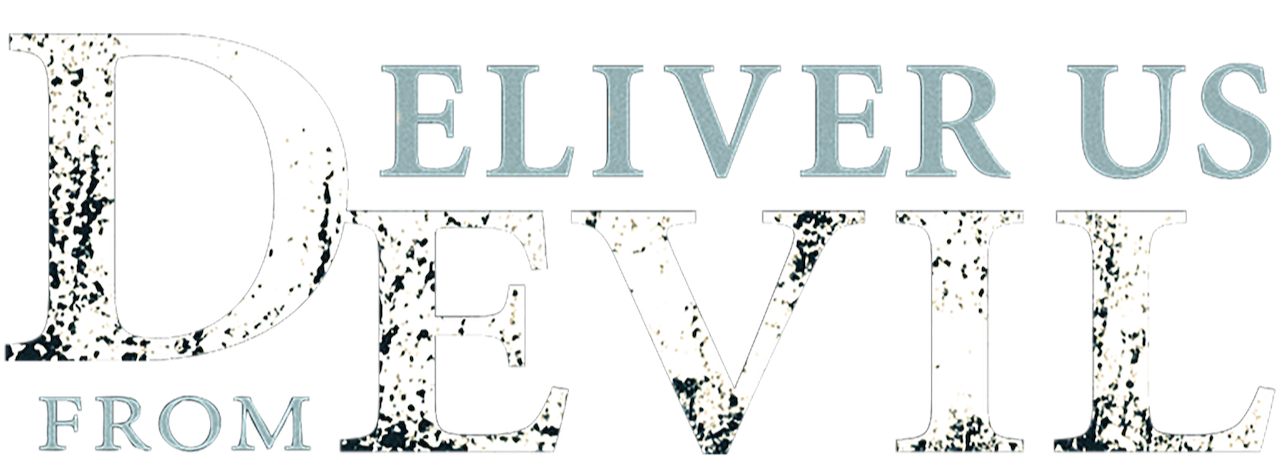(RE)UNION 8 OF 10
Self-transcendence (getting out of ourselves and connected to a higher reality) is what God designed us for. Like headphones, we aren’t really being what we were made to be until we are connected to a source of music beyond ourselves.
We can transcend UP through things like prayer, meditation, worship, and simply waking up to an awareness of God’s presence all around us – what some have called “practicing the presence of God.” (I put the emphasis on this form of self-transcendence in my book, (re)union.)
We transcend OUT by things like loving our neighbours as we love ourselves, volunteering at church, and giving ourselves over to serving our families, our friends, and even our enemies – what some have called “practicing the presence of people.”
This past Sunday at The Meeting House we talked about the really good news that Jesus gives all of us a way to transcend in both directions at the same time. In his story of the Sheep and the Goats (Matthew 25:31-46) Jesus shows us that when we love “the least of these” (the poor, the hungry, the imprisoned, the lonely), we are not only getting out of ourselves to love others, we are actually, really, truly loving Jesus.
The scene is the judgement of the “nations.” This is the translation of a Greek word, ethnos, which usually refers to groups of people who are not yet part of God’s people, as it is used in the Great Commission where Jesus tells his disciples to “Go and make disciples of all nations (ethnos).”
But hold on a minute. Is this judgement of the nations in the story of the Sheep and the Goats a kind of salvation by works instead of grace? Not even close. Jesus doesn’t say the sheep are saved because they served the poor, but because they served him. This is still a picture of salvation through Christ. And it is pure grace that Jesus should receive this beautiful love of others as faithful service to himself, and still, apparently, wipe away their sin and welcome them into the kingdom of heaven. The sheep did not earn their salvation. This is grace, received by the faith, that James the brother of Jesus describes:
What good is it, my brothers and sisters, if someone claims to have faith but has no deeds? Can such faith save them? Suppose a brother or a sister is without clothes and daily food. If one of you says to them, “Go in peace; keep warm and well fed,” but does nothing about their physical needs, what good is it? In the same way, faith by itself, if it is not accompanied by action, is dead.
But someone will say, “You have faith; I have deeds.”
Show me your faith without deeds, and I will show you my faith by my deeds.
(James 2:14-18)
In the original language of the New Testament, the words “faith” and “faithfulness” are rendered by the same Greek word (pistis), which would have helped the earliest readers hold the two concepts together as one reality, two sides of the very same coin. According to the Bible, our faith in God is tied to our faithfulness to God.
In Mere Christianity, C.S. Lewis taught that a non-Christian might place his or her faith in Christ through their faithfulness to Christ, even if they are unaware of it. He writes:
There are people who do not accept the full Christian doctrine about Christ but who are so strongly attracted by Him that they are His in a much deeper sense than they themselves understand. There are people in other religions who are being led by God’s secret influence to concentrate on those parts of their religion which are in agreement with Christianity, and who thus belong to Christ without knowing it.
(C.S. Lewis, Mere Christianity)
This understanding of final judgement works its way into a scene in Lewis’ The Last Battle. Here we see Emeth, a soldier who has spent his life faithfully serving a false god, kneel before Aslan, expecting to be judged and executed. Instead, Aslan welcomes him into his kingdom and explains that because Emeth had followed the right impulses of his heart (see Romans 2:14-15), in reality he had been serving Aslan all along.
I take to me the services which thou hast done to him (Aslan, in The Last Battle).
It seems to me that Lewis’ thinking on this is the most plain and evidential reading of Jesus’ teaching in the story of the Sheep and the Goats.
“But wait! Couldn’t this belief about unwitting sheep living among the nations diminish our evangelistic zeal?” Yup. Any gospel truth can be abused – just read Paul’s first letter to the Corinthians! But the abuse of grace doesn’t make grace untrue.
In my own life, I have become increasingly eager to share the message of Jesus with people the more I learn about just how amazingly gracious God is. I want them to know Jesus now, in this life, and to experience the assurance of their own salvation, which is only available now through an explicit faithful relationship with Christ (John 17:3). As I tell my non-Christian friends, apart from Christ I cannot assure you of hell, but only with Christ can I assure you of heaven.
The Great Commission isn’t just a rescue mission; it is a reality mission. And Jesus is the greatest reality worth knowing.

EXTRA NOTES ON CHAPTER 11
Q & EH?
- This chapter suggests that “what we call heaven is less of a place and more of a Person.” What do you think about that?
- The goal of the gospel is not the rejection of our bodies, but the redemption of our bodies (Romans 8:23), not a release from the physical but a resurrection to a renewed version of our physical selves, of which Jesus is the prototype. God values the physical! What are some implications of this for how we live our lives today?
- The Bible uses two metaphors to talk about the way we become God’s children and dearly loved members of his family: birth (John 3:3; 1 Peter 1:3-4) and adoption (Romans 8:14-17; Galatians 4:1-7). What are some unique and beautiful truths that each picture communicates?
- Have you ever had your own “incubator of agape” experience? How could “church” do a better job of providing this for hurting people?
DIGGING DEEPER
- Read: 1 Timothy 2:3-6.
- Think: God wants “all people” (verses 4 and 6) to come into his own love life. There is room in God for us. Jesus, the man, has led the way.
- Meditate: The love-life of the Father, Son, and Holy Spirit is all around me and passing through me right now.
THANK YOU for reading and commenting! I appreciate your feedback!



